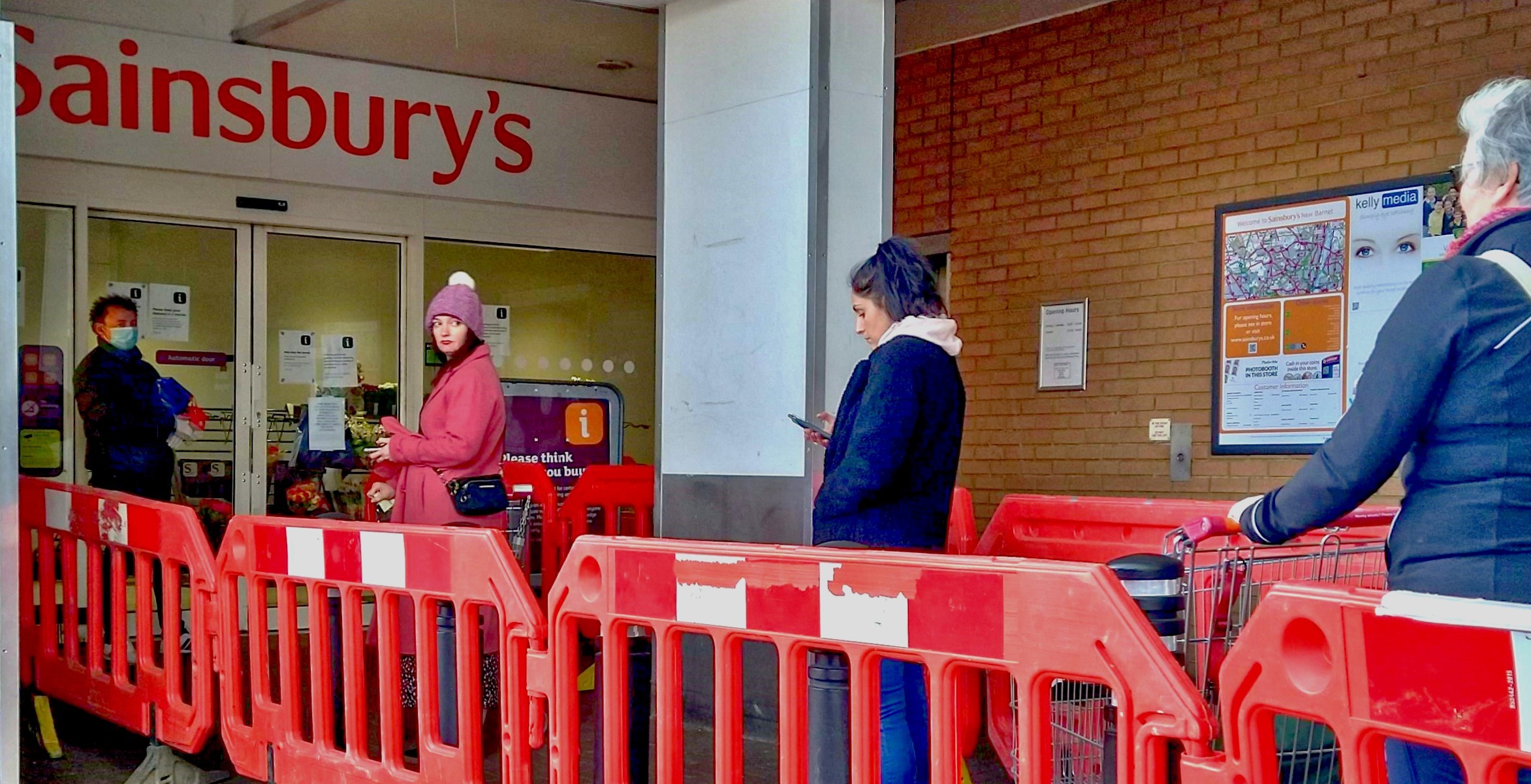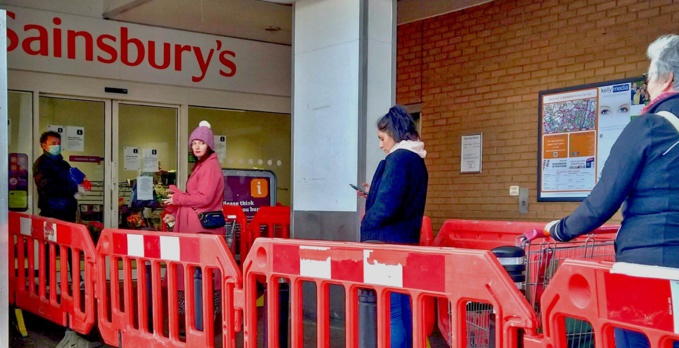A possible second wave of coronavirus infection in the UK could be more severe than the first, according to a study by the British Academy of Medical Sciences, which was reviewed by Bloomberg. According to researchers, the second wave could occur between September and June next year and lead to the death of 120,000 people in the UK.
The study notes that starting in September, the average number of people infected by one COVID-19 patient could rise to 1.7, leading to a peak in hospitalization and deaths in January and February 2021. And this is not a prediction, but a "reasonable worst-case scenario" and requires intensive preparation, the study says.
The study authors propose expanding testing programs and improving effectiveness of tracking measures for those already infected. They consider it necessary to provide hospitals and nursing homes with personal protective equipment in advance. They also consider it important to vaccinate the population against influenza, which can help prevent people from overwhelming hospitals with influenza during the cold season.
The current infection rate in the UK is around 0.7-0.9, which means that the epidemic as a whole is in decline. Earlier, the country's authorities warned that they could return to tightening restrictive measures if this ratio rises above one.
According to Johns Hopkins University on July 14, more than 291,000 people fell ill with the coronavirus in the UK during the pandemic, almost 45,000 died.
source: bbc.com
The study notes that starting in September, the average number of people infected by one COVID-19 patient could rise to 1.7, leading to a peak in hospitalization and deaths in January and February 2021. And this is not a prediction, but a "reasonable worst-case scenario" and requires intensive preparation, the study says.
The study authors propose expanding testing programs and improving effectiveness of tracking measures for those already infected. They consider it necessary to provide hospitals and nursing homes with personal protective equipment in advance. They also consider it important to vaccinate the population against influenza, which can help prevent people from overwhelming hospitals with influenza during the cold season.
The current infection rate in the UK is around 0.7-0.9, which means that the epidemic as a whole is in decline. Earlier, the country's authorities warned that they could return to tightening restrictive measures if this ratio rises above one.
According to Johns Hopkins University on July 14, more than 291,000 people fell ill with the coronavirus in the UK during the pandemic, almost 45,000 died.
source: bbc.com



















